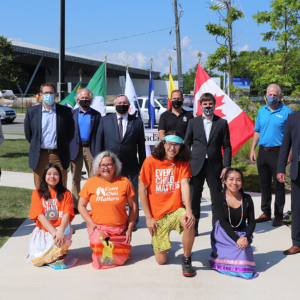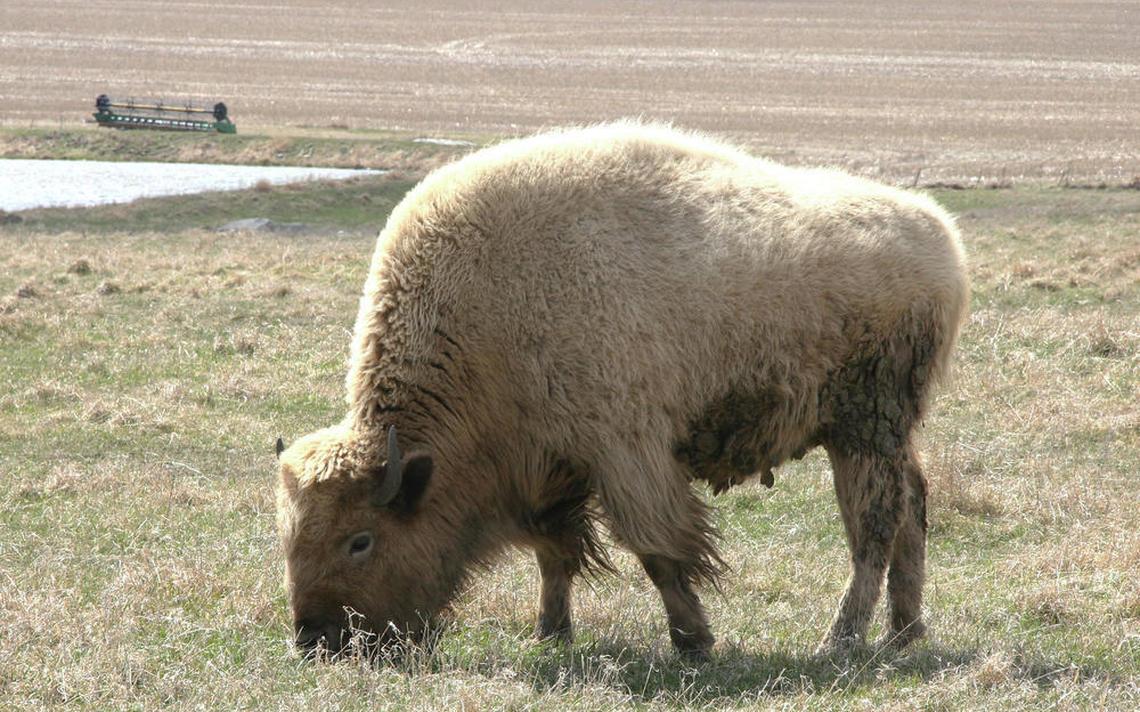The Cayuga Nation of New York has been in the news for economic development for the past few years. In 2012 the tribal government launched a Cayuga brand tribally manufactured cigarette. In 2013, the Cayuga Nation re-opened a Class II electronic bingo parlor in Union Springs, New York.
The tribal government business plan has now received the support of a prominent group of elected councils. The United South and Eastern Tribes (USET) formed in 1968, is based in Nashville, Tennessee.
The non-profit organization represents 26 federally recognized tribes from Maine to Texas. USET is led by Brian Patterson, a member of the Oneida Indian Nation of New York (OIN). Brian is also a Bear Clan Representative to the OIN Men’s Council and Clan Mothers.

In November 2013, USET announced its opposition to the New York constitutional change to allow expanded gaming outside of designated exclusivity zones. These exclusivity zones were publicized by New York State Governor Cuomo in the run-up to the November election. A referendum to allow the state constitutional change passed voters by a 3-2 statewide margin. This means that there will be more competition for the gambling dollars that are currently shared through state-tribal agreements now in place.
At a recent USET convention a vote was made to support this stated position. According to published accounts, their membership is against expanded gaming as it will “undercut the ability of the Cayugas or any other Indian nation to conduct gaming on its lands.” The position statement was controversial as it opposes the Oneida Indian Nation tribal gaming exclusivity agreement with New York State. The OIN exclusivity agreement calls for a ten-county ban on gaming competition to the Turning Stone Casino, owned by the OIN. Cayuga County is included in the ten-county list.
This county designation effectively excludes the fellow Iroquois “younger brother” Cayuga Nation tribal government from engaging in gaming for economic development. The Cayuga Nation has responded with a lawsuit.
Federally recognized Cayuga Nation representative Clint Halftown issued a statement on the USET vote. “Our fellow Indian nations stood with us in rejecting Governor Cuomo’s plan to take away our fundamental federal rights. The exclusivity zones called for in the governor’s gaming proposal are an unprecedented attempt to give one Indian nation – in this case, the Oneida – rights over another’s lands” Halftown offered.
Overall, the USET membership includes the Cayuga Nation, the Oneida Indian Nation, the Seneca Nation, and the St. Regis Tribal government. Both the Seneca Nation and the St. Regis tribal government also signed exclusivity agreements with Governor Cuomo, following the OIN agreement announcement.
The support for the Cayuga Nation comes during an era of municipal government challenges to its economic self-determination and right to provide employment to tribal members.
Unity rallies have been held supporting the Cayuga Nation since 2008, when cigarettes were seized in a raid by New York State law enforcement from the main tribal business, Lakeside Trading. Anti-native rights activists in the area have also lobbied to strip the limited tribal nation sovereignty away.
The Union Springs Class II bingo hall has been scrutinized by the Village of Union Springs, New York. The village sought to require building code adherence on the property before it will consider an operating permit for the gaming enterprise. This operating license has never been applied for by the Cayuga Nation for the tribal business. A spokesman for the Cayuga Nation stated that the tribal government had notified the appropriate federal authorities to the Union Springs property’s Class II operation. The Cayuga Nation maintains that Indian gaming is a federally regulated and not a state or municipal concern.
The USET resolution might be set aside by some. The Onondaga Nation is not listed as a USET member, despite the other original Five Nations Confederacy affiliations of the other tribal governments. The Haudenosaunee Grand Council recently issued a statement on the limits of the elected tribal governments in having anything to do with the issue of land, with regard to Haudenosaunee lands.
Still, the USET resolution shows some glimpse of independent action, among Onkwehon:we elected leadership. Equally, tribal land claims settlements tied to the state-tribal agreements may soon provide for a wider discussion on this subject by the Haudenosaunee Grand Council.








Comments are closed.